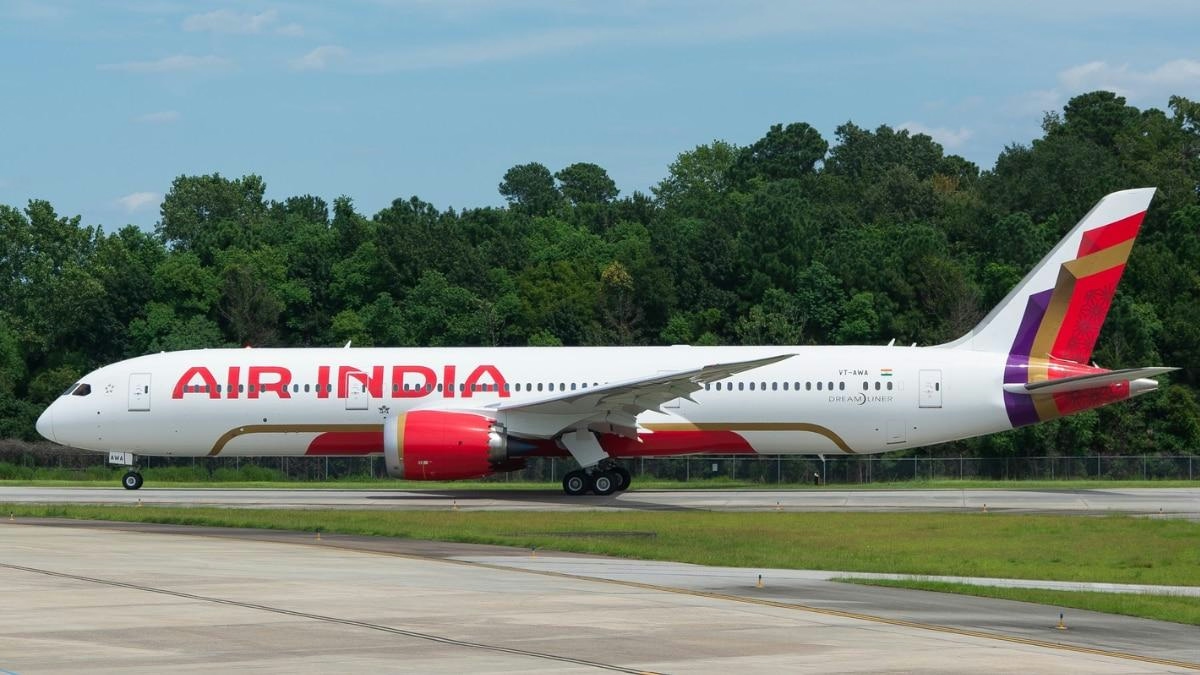AeroGenie — Your Intelligent Copilot.
Trending
Categories
Air India Flight AI 473 Carrying Odisha CM Diverted to Kolkata Due to Bad Weather

Air India Flight Carrying Odisha Chief Minister Diverted to Kolkata Due to Adverse Weather
An Air India flight, AI 473, transporting Odisha Chief Minister Mohan Charan Majhi was diverted to Kolkata on Friday, September 5, owing to unfavorable weather conditions at Bhubaneswar. The flight, which originated from Kolkata and was scheduled to land in Bhubaneswar at 1:00 pm, was unable to complete its intended journey. Bhubaneswar Airport Director Prasanna Pradhan confirmed the diversion, citing the inclement weather as the primary cause.
Chief Minister Majhi was returning from a five-day official visit to Delhi and was initially expected to arrive in Bhubaneswar around 9:45 am. However, deteriorating weather conditions necessitated a precautionary landing at Netaji Subhash Chandra Bose International Airport in Kolkata. Odisha’s Urban Development Minister K C Mohapatra stated, “The flight could not land at the airport here, and was diverted to Kolkata due to bad weather.”
Operational Challenges and Industry Context
The diversion of AI 473 underscores the operational difficulties airlines face when confronted with sudden and severe weather disruptions. Air India was compelled to swiftly manage the logistics of rerouting the flight, ensuring passenger safety—including that of the state’s chief minister—while coordinating accommodations and onward travel arrangements. Such incidents often attract scrutiny from aviation authorities and raise concerns among passengers regarding delays and inconvenience.
Globally, adverse weather remains a leading cause of flight diversions. Similar disruptions have been reported in other regions, including multiple flights rerouted during thunderstorms in Chicago and a Delta flight diverted due to a pilot’s illness. These events highlight the complexities airlines encounter in balancing schedule adherence with passenger safety amid unpredictable conditions.
In the competitive aviation sector, operational disruptions can influence market dynamics, as rival carriers may leverage such incidents to position themselves as more reliable alternatives, potentially affecting passenger preferences.
Recent Operational Incidents Affecting Indian Carriers
This event follows a series of recent operational challenges faced by Indian airlines. On the preceding day, an Air India Express flight from Vijayawada to Bengaluru was cancelled after an eagle struck the aircraft’s nose during taxiing for takeoff. All passengers were safely accommodated on alternate flights. Additionally, on August 31, an Air India flight from Delhi to Indore (AI 2913) was forced to return to Delhi after pilots received a fire alert in one engine shortly after takeoff. The crew declared a Mayday emergency and successfully landed the aircraft without any injuries.
As weather-related disruptions and technical issues continue to affect flight operations, airlines face mounting pressure to improve contingency planning and communication strategies to uphold passenger trust and operational reliability.

Capital A Completes Sale of Aviation Business to AirAsia X

Four Gateway Towns to Lake Clark National Park

PRM Assist Secures €500,000 in Funding

Should Travelers Pay More for Human Support When Plans Go Wrong?

InterGlobe Aviation Shares Rise 4.3% Following January Portfolio Rebalancing

Key Market Segments Shaping Airline Route Profitability Software

Locatory.com Gains Traction Among Aviation MROs and Suppliers

JetBlue Flight Makes Emergency Landing Following Engine Failure

58 Pilots Graduate from Ethiopian University

The Engine Behind Boeing’s Latest Widebody Aircraft
